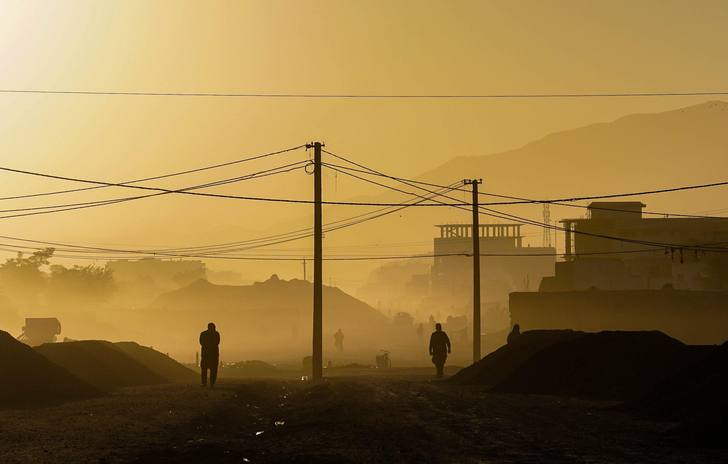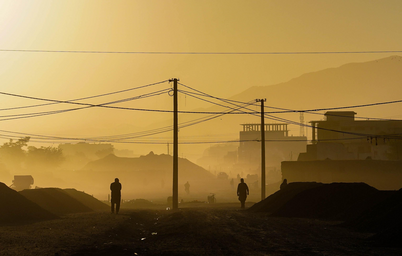After a 20-year war in Afghanistan, the US was set to remove troops from the country by the end of August 2021, a result of the peace treaty forged between both countries. Just two weeks before the total withdrawal of troops, after 20 years of trying to get back in control, the Taliban took over the country.
In short, the Taliban is a militant group that wants to ensure their version of Sharia law, or Islamic law, is followed. They previously ran the country in the 1990s, but the US ousted the group in 2001 while keeping military forces there ever since. Their version of Sharia law in the 1990s was very severe, including “public executions of convicted murderers and adulterers… Men were required to grow beards and women had to wear the all-covering burka.” Additionally, girls were often not allowed to go to school after reaching 10 years of age, and the Taliban banned TV and music.
After twenty years of relative peace, why did the Taliban decide to forcibly take over now? Probably because they recognized the US was getting ready to leave at the end of August.
The Taliban began a lightning offensive — working quickly to take over city after city — and, eventually, installing themselves in the presidential palace in Kabul. Their strategy was to move quickly, beginning in the north where there were almost no US troops stationed anymore. By the time the Taliban began taking over, only 2,500 US troops remained in Afghanistan. While the Afghan army tried to fight them off, with the US already having begun the withdrawal process, they lacked resources.
At the Kabul airport, thousands of Afghans rushed to get onto a plane, some even holding onto the sides of jets out of fear of what the Taliban’s takeover might mean for the country. They were not the only ones fleeing — even the president, Ashraf Ghani, fled the country to an unknown location.
Although now the Taliban are renouncing their previously non-inclusive methodologies, most are fearful that “their rule will be violent and oppressive.” Women are worried they will be forced to remain inside their homes, a rare policy of extremely conservative Muslim countries that may arise from Taliban rule.
As for the US, there seems to be no plan to re-enter Afghanistan to resolve this issue. “I stand squarely behind my decision [to withdraw US troops],” Biden said in an August 24th meeting. The US is sending emergency airlifts to trapped Afghans, and Biden suggested he was speaking with Taliban leaders daily to achieve safe travel from Afghanistan to the US.
If you’re interested in helping people in Afghanistan during this troubling time, click here to find out the best ways to help. And as always, stay safe, stay sane, and eat the rich.


